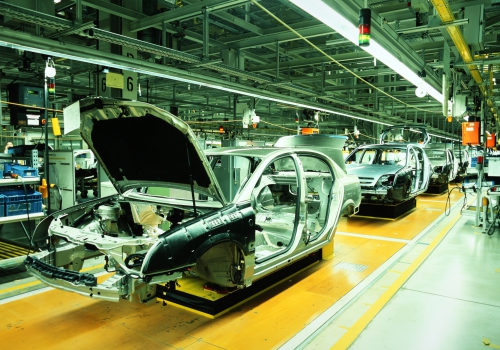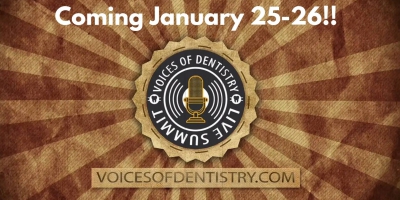To speed up, first slow down
In the early 1900’s, Henry Ford had a vision of efficient and economical car production that would allow him to sell personal automobiles to the masses. He was obsessed with eliminating every wasted and inefficient movement in production to form the most productive assembly line possible. His methods took the build time of a car from 12 hours per car to under two hours. He wasn’t the first to use an assembly line but at the time he was definitely the most successful.
Over the years, the world finally caught up to what Mr. Ford was doing. Efficiency became the focus of manufacturers all over the world. In the 1950’s and 60’s, this view of efficiency bled over into the corporate world with management experts trying to introduce similar principles of efficiency into offices. And so it has been ingrained into our culture. We’ve been led to believe that more efficient means more productive. And more productive means better.
Once again, the allure of efficiency spread further. Even into our personal lives. With the advancements made in consumer technology we became obsessed on maximizing not just our efficiency at work, but even in our time outside of work. Why take the time to create a home cooked meal using fresh ingredients when you can just nuke a Hungry Man dinner? What’s the point of going to the library when you can just download it right onto your E-reader?
We now have apps and tools to “hack” our way to the most productive life possible (and there goes being a contributor to the site…). We have apps telling us what to eat, what to read, how to sleep, and even how to breathe. And in all of this we’re drowning in more and more data.
We see it in our profession too. The 90 second crown prep, the 12 minute denture, the one hour root canal/build up/crown/root fracture/extraction/bone graft/implant procedure. It reminds me of the crazy hitchhiker in “There’s Something About Mary” and his idea for “Seven Minute Abs” to dethrone the then popular “Eight Minute Abs” video. That’s all well and good, but as Ben Stiller’s character notes: “unless of course someone comes up with six minute abs.” I’ll see your 60 minute full mouth rehab technique and do it in 45!
It’s also important to note that what we do is a learned skill. Faster doesn’t always mean an increase in skill. In the book Mastery, Robert Greene states “When it comes to mastering a skill, time is the magic ingredient.” That is profound both inside the operatory and out. No matter the skill (placing implants, porcelain veneers, taking up golf, learning the guitar) be wary of quick fixes and too many shortcuts. Commit to steady continuous improvement which requires regular attention and presence.

There is downside to focusing TOO much on efficiency. We run from one thing to another, moving as quickly as possible. Constantly trying to fit in as much as we possibly can in fear of missing out on anything. The problem is, in doing so we ARE missing out. Filling every second to the brim is leading to a society that is chronically stressed. That not only increases our psychological anxiety but also leads to physiological repercussions as well. The science shows that chronic stress can lead to high blood pressure and raise inflammation levels which can contribute to a whole host of medical disorders.
There is nothing wrong with per se, until we reach the point of diminishing returns. Once it starts to affect our mental health, our physical health, our clinical quality and outcomes, our professional satisfaction, our relationships with our teams, and the quality of life at home it is time to pause and reassess our situation.


